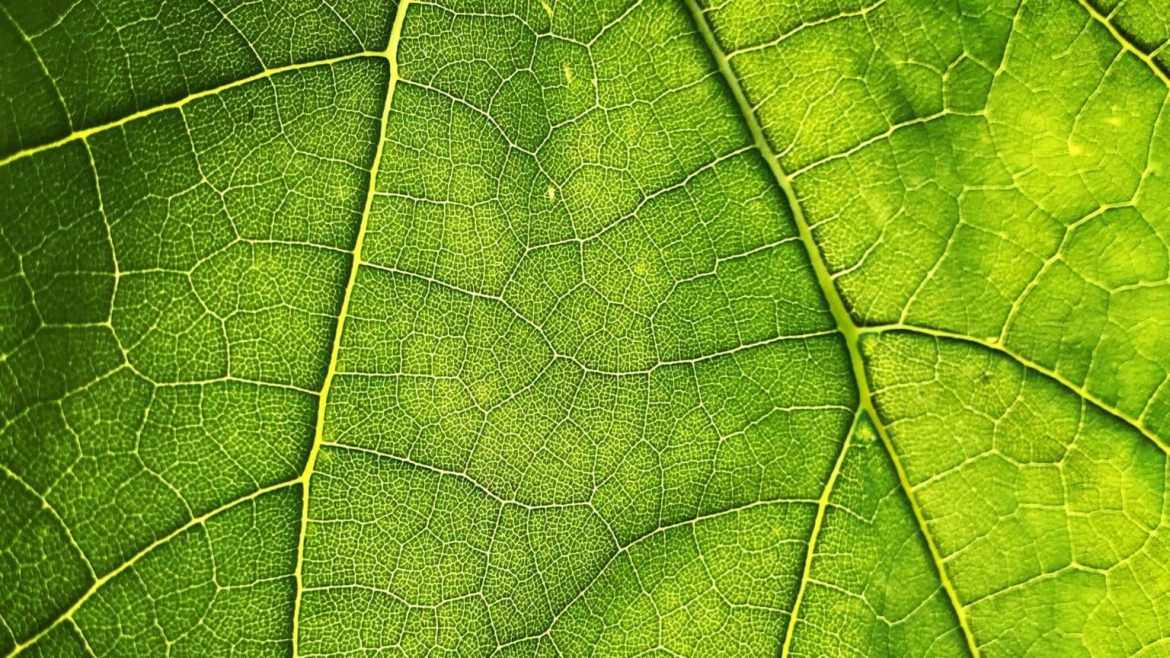Researchers from North Carolina State University estimated global changes in plant leaf growth owing to global warming using satellite photos and field sensors and found that the quantity of carbon dioxide that plants can absorb and store depends significantly on changes in “greening,” or the number of leaves that plants can generate.
Study Co-Author and Associate Professor of Forestry and Environmental Resources at NC State, Josh Gray, said “As we work to anticipate the future climate, a big question is: What’s going to happen to vegetation, one of the largest stores of carbon on earth?”
“We know temperatures will rise and the growing season will be longer in most places, but there are a lot of unknowns about how that will affect how carbon is cycled between plants and the atmosphere. Our new results allow us to be more confident about what those changes will be,” he added.
Gray noted that in addition to altering the length and timing of the seasons, climate change had resulted in new plant development in some regions, adding that increased temperatures may obstruct photosynthesis in plants.
Read Also: CCC says Northern Ireland needs radical action to meet net zero target
The study’s first author Xiaojie Gao, said “An earlier spring might be good for plant productivity because you have a longer period of carbon uptake,” noting that “However, a longer autumn might make the situation worse. In autumn, plants tend to emit carbon.”
In the study that was published in Global Biogeochemical Cycles, researchers sought to comprehend how the length of the growing season and the number of leaves that plants produce affect carbon uptake.
They measured plant leaf biomass using satellite measurements of infrared light taken between 2000 and 2014. Because infrared light is ineffective for photosynthesis, plants deflect it.
Researchers also measured the exchange of carbon dioxide between plants and the air using sensors on towers in the field to determine how much carbon is taken from the atmosphere annually by plants through photosynthesis.
They discovered that changes in the length of the growing season have less of an effect on net carbon uptake than changes in leaf biomass, or the number of leaves plants generate annually.
Story was adapted from NC State News
